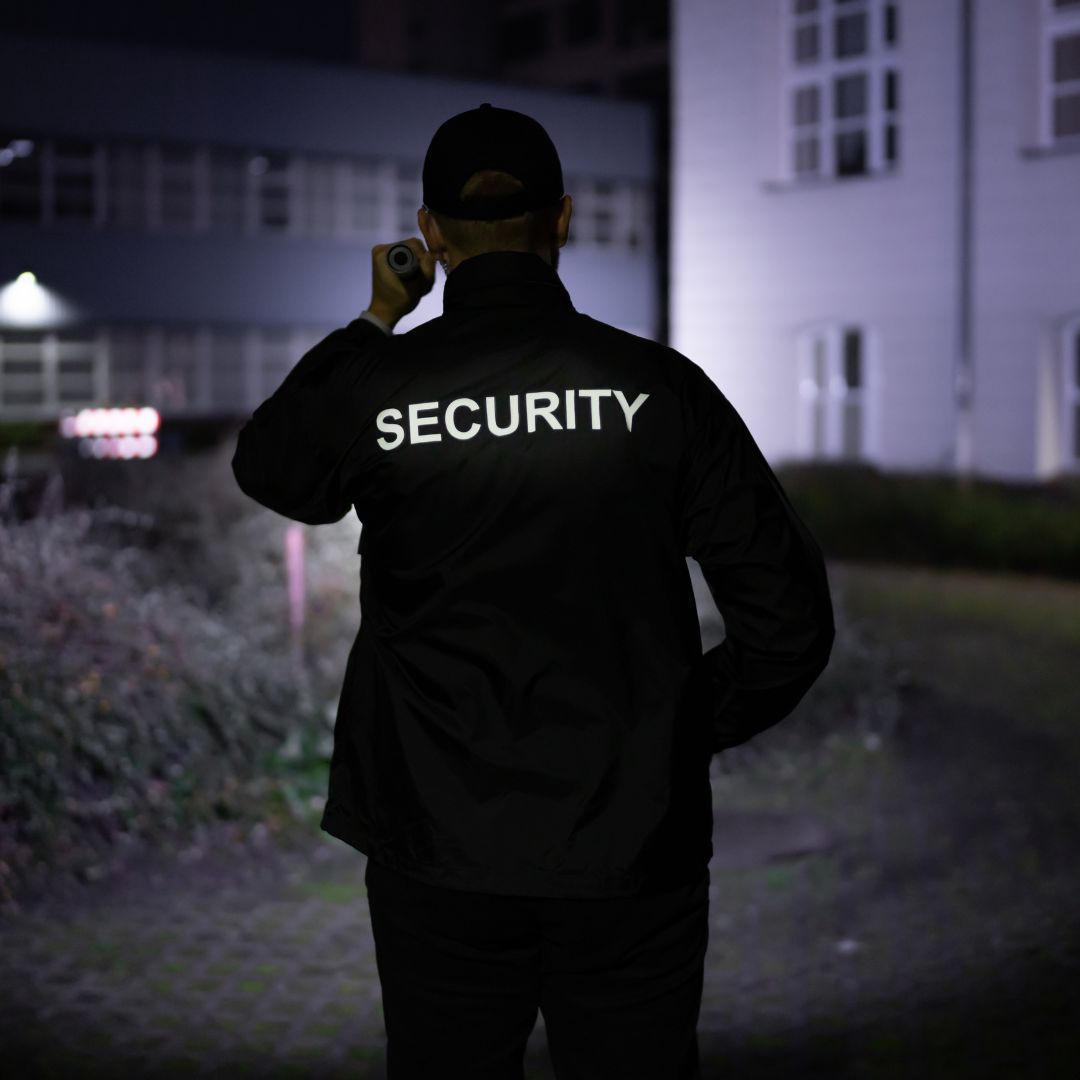Security guards play a crucial role in ensuring safety and peace of mind for various organizations and events, including academic establishments, business buildings, special events, churches, and more. In Illinois, security guards can either be armed or unarmed, depending on their license and firearm control card status. This article will explore the differences in salary, training requirements, and career prospects for armed and unarmed security guards in Illinois.
Illinois Armed vs Unarmed Guards Salary Differences
Both armed and unarmed security guards serve to protect people and property. The primary difference between the two roles lies in the use of a firearm. Armed guards must meet additional training requirements and hold a firearm control card, while unarmed guards do not carry firearms and may have slightly different training and licensing requirements. This choice ultimately comes down to personal preference and the specific requirements of the employer or organization.
If an individual is comfortable with carrying a firearm and successfully passes each regulation through IDFPR, then there are more job opportunities and higher pay for armed guards.
Nationwide, there are over 200,000 armed security guards in the United States. Approximately 15 percent are women, and 85 percent are men. As far as unarmed goes, there are over 700,000 unarmed security guards in the United States. Approximately 34 percent are women, and around 66 percent are men.
According to the Illinois Department of Financial and Professional Regulation (IDFPR), there are particular steps that must be taken in order to become an armed security guard.
For those who would like to carry a firearm, the process requires specific exams, practice with a supervisor, and there may be additional job opportunities.
Learn More: Armed vs. Unarmed Security Guards: What’s the Difference?
Illinois Security Guard Salary
The average salary for an unarmed security guard in Illinois is $14/hr, while armed security guards can make anywhere from $16-$19/hr. When compared with other major cities in the U.S., security guard salaries in Chicago are on the lower end of the average range.
National Pay Averages
Salaries for security guards in Illinois, whether armed or not, are generally on par with those in major cities across the United States. The following table provides a comparison of the average hourly wage for armed and unarmed security guards in various states and cities:
| City/State | Armed Security Guards | Unarmed Security Guards |
| Illinois | $19 | $14 |
| Chicago | $16 | $15 |
| Boston | $21 | $17 |
| Oklahoma City | $16 | $14-16 |
| New York City | $19-$32 | $19 |
| Los Angeles | $17 | $17 |
Qualifications to Become an Armed Security Guard in Illinois
Armed Security Guard
In order to become an armed security guard in the state of Illinois, guards must obtain a firearm control card and pass a 20 or 40-hour firearms training course that has been approved by the state. The course must be taken in person. Other terms and conditions required by IDFPR, in order to acquire a firearm control card include:
- The applicant must be 21 years of age.
- Must disclose their social security number.
- A $75 processing fee.
What is Covered in the Required Firearm Training Course?
In the state of Illinois, the curriculum for the 20 or 40-hour course includes several scenarios, tactics, and techniques for firearm use. Included in the topics discussed in classroom instruction is the following:
- The law of arrest. This includes search and seizure.
- Civil and criminal liability.
- The use of force as it applies to security guards.
- Arrest and control techniques as it applies to security guards.
- Attributes of particular offenses which fall under the 2012 Criminal Code of 2012 regarding property.
- Reporting to law enforcement.
- Fire safety and prevention.
- Report writing.
- Civil rights and public relations topics.
- State and federal laws regarding terrorist activity.
Each of these topics are taught in person and are tailored to the armed security guard and how their role differs from law enforcement.
Range Training
In addition to the classroom training, each guard applying for a control card must also participate and pass range training. This portion of the application encompasses a variety of skills, including firing techniques, lessons on range equipment, and safety topics when using firearms.
Each applicant must spend the proper amount of time at the range and pass a written and practical exam using their preferred firearm.
Unarmed Security Guards
The requirements for becoming an unarmed security guard in Illinois include:
- Completing a 20-hour basic security guard training course approved by the state.
- Passing a background check.
- Obtaining a Permanent Employee Registration Card (PERC) through the Illinois Department of Financial and Professional Regulation (IDFPR).
Learn more: How to Become a Security Guard in Illinois

Armed or Unarmed: Which is Better?
The difference between an armed and unarmed security guard, aside from the fact that one carries a firearm and one does not, is the pay scale. Illinois security guards who are armed, typically make more per hour than those who are unarmed. Though the difference in pay is not significant, it is apparent armed guards earn more.
Whether you become an armed or unarmed security guard in Illinois, you will be entering a fulfilling career with the potential for growth and advancement. Carefully consider your personal preferences, training requirements, and the job opportunities available to determine the best path for you.
Ready to start your career as a security guard in Illinois? Choose NITA as your trusted partner, receive the necessary training supported by a world-class team of instructors, become part of a community of other security professionals, and find your new dream job. We’re ready to help you succeed.
Illinois Private Security Course →
You might also like:
Our enrollment counselors are here to answer any questions you might have about our state- and board-approved status, pre-licensing training, or professional development programs.




